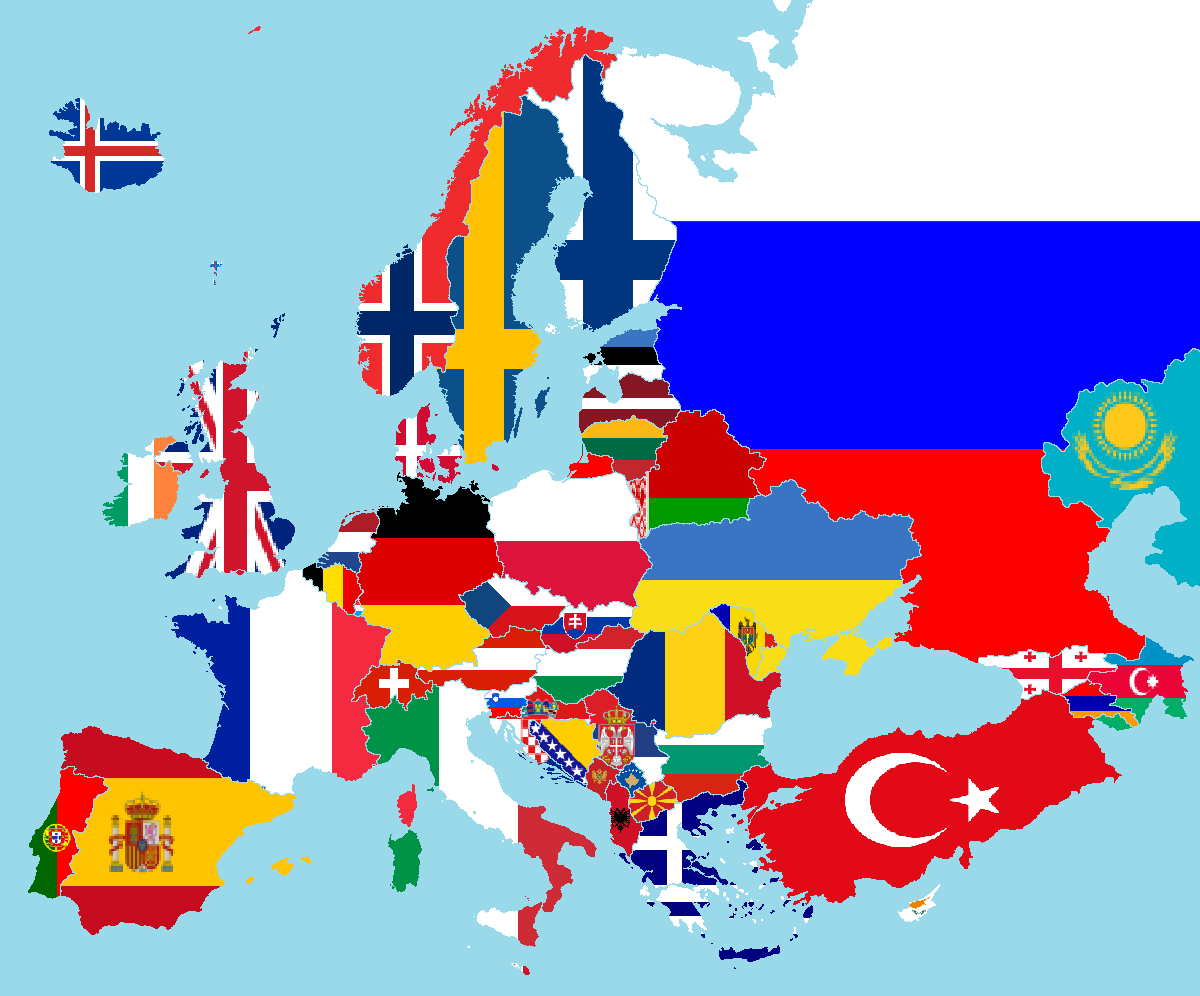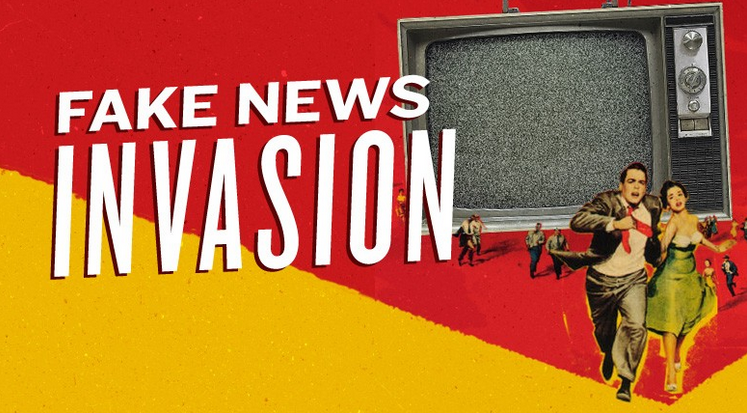
By: Allison Skinner
The next threat to the so-called U.S. tech giants may come from an unexpected foe: Europe. While these companies are expanding the services they offer and continuing to earn enormous profits, European nations are becoming more and more disillusioned with what they see as their unfair business practices.
U.S. tech giants such as Facebook, Google, and Amazon are not only household names, but are also coming to dominate how we connect with friends, share information, and buy everything from groceries to textbooks. The vast majority of these tech companies began in Silicon Valley, California and have since expanded worldwide. Their expansion has been welcomed by a world population keen on consuming as much digital information as possible. Governments, however, have approached these tech giants with wariness. Some nondemocratic countries have shutdown their websites, such as North Korea and China’s ban of Twitter and Facebook. European nations have also responded to the tech boom with calculated distrust. Europe wants to be connected to the world but does not want to become a “digital colony” ruled by Silicon Valley.
Europeans have a range of misgivings about the leading U.S. tech companies including their vast accumulation of economic power and market share, their collection of personal data, and their resistance to taxation.
U.S. tech companies’ monopolistic dominance has driven many local industries to failure. Since Amazon began in 2008, European industries such as the publishing sector have struggled to maintain competitive prices. Amazon’s newly released Kindle Unlimited, which allows members unlimited access to e-books for a monthly rate, has made it difficult for writers to make a living. For $9.99 a month, subscribers have access to over 700,000 books. Writers are no longing reaping the profits from individual sales and are only receiving a fraction of the payouts they earned in the past.
The taxi industry is also being challenged by U.S. tech companies. Uber, a San Francisco-based taxi service operated from a mobile app, has expanded worldwide in the past year. Many European taxi drivers have been displaced, and regional companies have staged protests against Uber. Uber has been suspended in Spain and banned in France because it does not comply with their transportation laws. In the United States, however, many journalists have used Clayton Christensen’s idea of “disruptive innovation” to justify Uber’s emergence as an alternative to existing taxi services that are sometimes inefficient and corrupt. Moreover, U.S. cities have not witnessed widespread Uber protests because U.S. taxi services are largely unorganized compared to their European counterparts.
Apart from usurping traditional businesses, tech giants like Google are monopolizing internet services. Contrary to popular belief, Google is not only a search engine but the owner of YouTube, Android, and various other online services. Google currently has a 90 percent market share of search in Europe and has consistently drained advertising revenue from magazines and newspapers. In November 2014, the European Parliament passed a nonbinding vote to break up Google according to the European Union’s Antitrust Chief. The resolution carries no legal weight, but signifies a shift in Europe’s policy towards regulating the influence of U.S. tech companies.
Tech giants have been a threat to smaller industries since the dawn of the internet, but their insidious collection of data has instilled a new fear in Europeans. Yahoo, Microsoft, and Google were accused of collecting and sharing their users’ personal information. Europe has attempted to curb this invasion of privacy in several ways. In May 2014, the European Union’s highest court recognized an expansive right to privacy that allows citizens to demand that Google delete links to embarrassing personal information, even if it’s true. The recognized “right to be forgotten” was a watershed moment in Europe’s battle with tech giants and their collection of personal data. Qwant, a French-based search engine, has been gaining popularity in Europe as a substitute to Google because it boasts a policy against the collection of personal data. Some companies are even trying to get back in Europe’s good graces as data collection comes under more scrutiny. After it was revealed that the U.S. National Security Agency tapped German Chancellor Angela Merkel’s cellphone, Blackberry, a Canadian cellular company, outfitted Merkel and her staff with state-of-the-art encrypted cellphones to protect them from data collection.
While tech companies scramble to comply with Europe’s privacy laws, their practices in America have not been met with the same regulation. Many Americans want the same privacy rules as Europe, but U.S laws only regulate information collection involving health records, minors, and consumer protection. The latest Pew Research Poll said 90 percent of Americans have lost control over how companies collect and use their online data.
The practice that is possibly most loathed by the European Union is the circumvention of taxes by the tech giants. The online markets have flooded Europe’s economy, but many countries do not receive a value-added tax (the U.S. equivalent of a sales tax) on purchases because the companies do not physically exist in those countries. Apple, Amazon, Facebook, and Microsoft purposefully operate in low-tax countries, such as Ireland and Luxembourg. In 2013, France proposed a tax for collecting personal data. Google collected personal data to generate over $2 billion in advertising revenue in France that year; however, the French government received hardly any tax revenue without the law being in place. In 2015, Europe changed its fiscal law to add a digital tax to services such as cloud storage, apps, and e-books. This digital tax is revolutionary considering it will tax based on where the consumer lives and not where the European headquarters are located.
The U.S. government has experienced similar struggles with tech giants who evade taxes. Some of these companies, including Google and Microsoft, hold their profits in offshore accounts, which earn them tax-free interest. Senator Carl Levin said for years that these offshore accounts should face taxation, but tech lobbyists have worked against these proposals to avoid the United States’ steep 35 percent corporate tax rate. If the offshore accounts were taxed under U.S. law, tech companies would face an $89 billion tax bill, representing 17 percent of the country’s projected $514 billion budget deficit for 2014. The United States also has not passed uniform laws that would charge consumers a sales tax. The federal government refuses to consider the European digital tax that is based off the consumer’s location, although some states already do this.
Europe has curbed some of the U.S. tech companies’ unfair practices, but sites such as Google, Amazon, and Facebook remain immensely popular with Europeans because of their innovative and affordable services. U.S. tech companies operate seven of the 10 most visited websites in Europe, according to comScore statistics, and Google has 85 percent market share in search engines across Europe. Countries such as France and Germany have attempted to launch substitutes for Facebook, but there has not been comparable success. Many Europeans complain about the lack of privacy and dominance of U.S. companies but continue to use the popular sites because of their affordability and global reach.
The EU’s protracted conflict with U.S. tech companies signifies the near impossibility of diminishing their strength. It also shows the challenges the whole world will face as it attempts to regulate internet commerce. The United States faces many of these same problems as Europe including the threat of monopolies, collection of personal data, and the difficulties of taxing digital services. However, Americans do not approach their tech companies with the same criticism and distrust that Europeans do. As tech companies continue to expand more and more into our daily lives, governments on both continents will have to find the middle ground between uninhibited free markets and excessive regulation.

